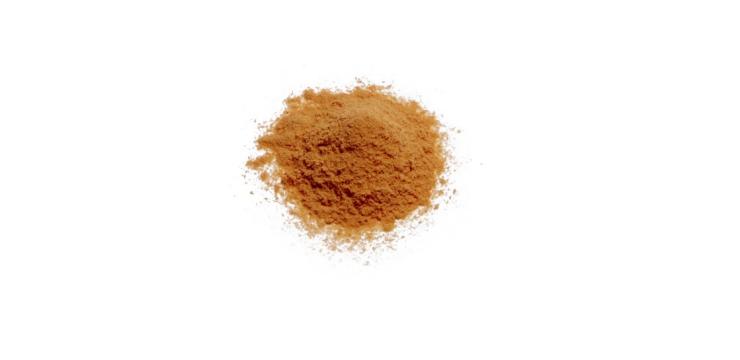
- The gist of this article
Since the term “OPCs” has become quite meaningless when it is used to describe the content of a food supplement containing an undefined grape seed extract, any statement concerning the benefits and possible side-effects of generic “OPCs” is unhelpful and without merit. Evaluating the benefits or possible side-effects of “OPCs” embodied in a certain food supplement is meaningful only when one has detailed knowledge of the specific composition and product-specific benefit-safety record of the OPCs that are used in that specific food supplement.
Table of contents
Intended normal use of OPCs ?
In general, when taking a food supplement, one should follow the Intended Normal Use as indicated on the labeling/packaging of the product. So, you may wonder, is there an Intended Normal Use for “OPCs” ? No, there isn’t, unless you know what the product marketed as “OPCs” actually contains and at what recommended dosage the product must be used to produce the health benefits of your choice. In addition to this, a product is safe only when it has been tested at the recommended dosage. So, unless a food supplement that is labeled as “OPCs” provides specific details about the OPCs’ traceable origin and their actual manufacturer, recommendations about its intended normal use must be taken with a grain of salt.
What about Masquelier’s OPCs ?
Professor Masquelier advised that the optimum daily dosage of “his” OPCs lies between 1.5 and 3 mg per kilogram of body weight. This Intended Normal Use should be the yardstick to assess your personal needs.
If you are healthy and meet the following criteria, you may take OPCs in a dosage of 1.5 mg per day:
- You are not under a great deal of physical or psychological stress.
- You drink a lot of water.
- You eat lots of fresh foods.
- You don’t smoke.
- You do not indulge in alcoholic beverages.
However, if any of the following is true for you, you should take 3 mg per kilogram of body weight:
- You lead a stressful life.
- You work or live in a city.
- You are under stress.
- You enjoy the fast-food or microwave track.
- You smoke.
- You enjoy alcoholic pleasures.
Tip: Because OPCs have a high affinity for proteins:
- Do not take OPCs together only with protein-rich food such as yogurt or milk.
- Do take OPCs with a glass of water or fruit juice, preferably between meals.
How does physical activity influence the recommended intake of OPCs ?
While physical inactivity places you in the higher intake category, physically activity places you in both categories. People who are physically active can do with the maintenance dosage. Sports people are advised to take higher dosages, because they put their bodies under much physical stress.
What about age?
As a rule of thumb, with the climbing of the years, the dosage of Masquelier’s OPCs should be increased. People over 50 are advised to take 3 mg per kilogram of body weight.
When you begin taking Masquelier’s OPCs
At the beginning of OPCs intake, people are advised to saturate all body tissues. To achieve this tissue saturation, take 300 mg during the first three days and then step down to the dosage you deem fit for yourself. Some people have asked me whether they should take OPCs for the rest of their life. It depends how healthy and vigorous you want that “rest of their life” to be. OPCs are as essential as vitamins, nutrients, water, and oxygen. Do you get sufficient OPCs in your food ? It is something you must decide for yourself or discuss with a nutritionist or with a nutritionally oriented doctor. My frank advice is to take Masquelier’s OPCs every day for the rest of your life for the best possible protection against premature aging.
Any side-effects ?
In rare cases, people taking Masquelier’s OPCs experience mild discomfort. These very rare symptoms are not side effects in the way that drugs have side effects. The discomfort can be explained by the increased blood flow in the body. This can stimulate the excretion of toxic substances deposited in the cells and tissues, a process that may result in a certain indisposition. In fact, the experience is related to detoxification, which may produce not only headaches, but also irritated, reddened skin because the body uses the skin as an organ to excrete toxins and waste materials. If you experience such a response, don’t panic, because there is no reason for concern. On the contrary ! Your body is getting rid of waste products it may have harbored in cells and tissues for a very long time. Drink 2 liters of water every day and abstain from coffee and other stimulating drinks until all the signs of detoxification have disappeared. If feelings of discomfort do not go away, just reduce the dosage.






